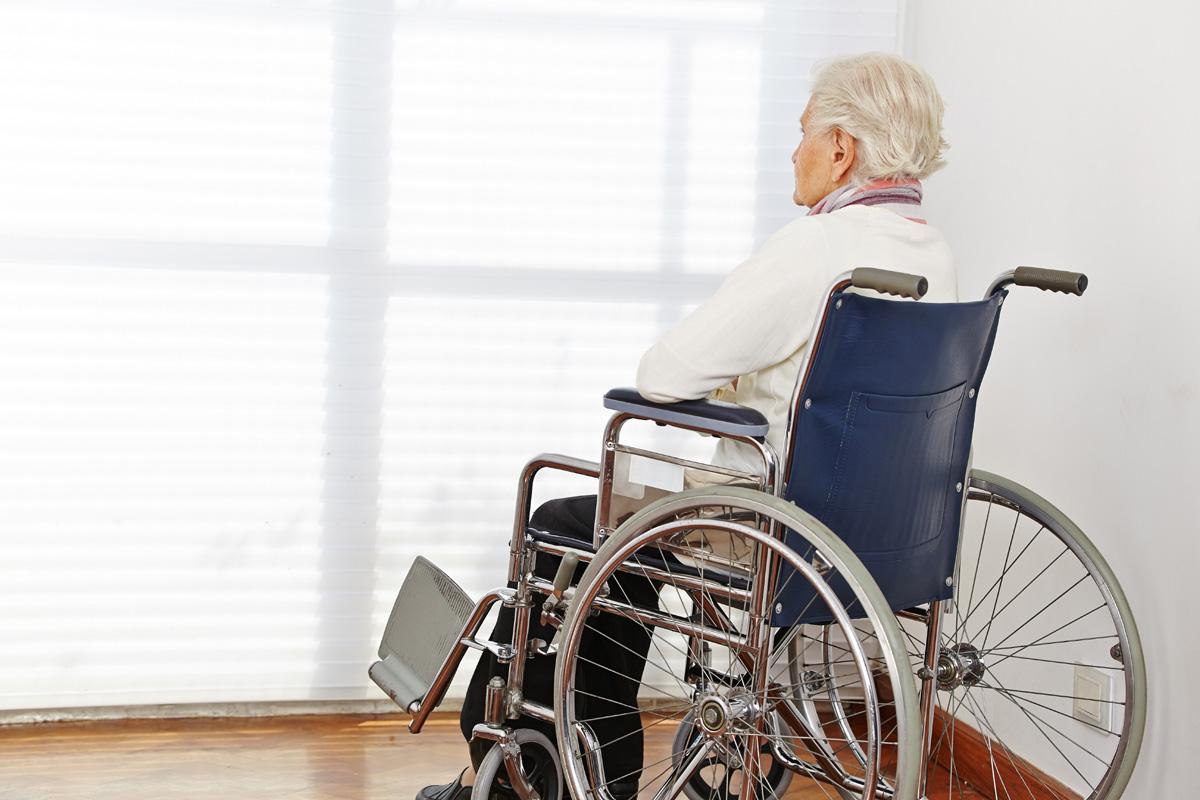Table of Content
When you put your loved one’s wellbeing in the hands of a nursing home caregiver, you trust that individual to keep your family member’s best interest in mind. They are responsible for ensuring your loved one gets the treatment they need and receives the best care possible. Unfortunately, a caregiver may show red flags that indicate elderly abuse, which can be extremely difficult to watch.
According to the Center for Victim Research, one in ten community-residing older adults are victims of elder abuse in the U.S. If you discover any signs of abuse from your loved one’s caregiver, you may want to seek legal help and hold the caregiver and nursing home accountable. At Dalli & Marino, LLP, our compassionate team of attorneys is prepared to listen to your story and support you every step of the way.
6 Potential Traits of an Abusive Long-Term Caregiver
Because you put trust in your loved one’s caregiver, it’s important to ensure they are treating your family member with respect and sharing any details of your loved one’s health with you. If you suspect the caregiver of abuse, you may want to keep track of any red flags that indicate they have broken your trust and put your loved one in danger. Some possible signs of elderly caregiver abuse include the following:
Lack of Communication
When your loved one lives in a nursing home, you rely on their caregiver to keep you up to date on any health issues, injuries, and treatment. If the caregiver leaves you in the dark and does not communicate with you about your loved one, it may be a red flag.
Appearing Unconcerned or Apathetic
If your family member’s nursing home caregiver does not seem to be concerned or invested in your loved one’s health, medication routine, or any other aspect of their wellbeing, the caregiver may be abusive. Your loved one is in a nursing home because they need around-the-clock attention, and their caregiver is responsible for caring deeply about your family member’s health.
Delaying Medical Care
A caregiver may be abusive if they take a long time to seek medical care for your loved one’s illness or injury. If your family member falls or needs medical attention for an illness, their caregiver is responsible for getting them the appropriate treatment and advocating for them. If your loved one does not get medical treatment when needed, they may be at additional risk for other health issues.
Giving Different Explanations for the Same Injury
With the health of your loved one in a nursing home being a top priority, you want to know about any injuries they sustain in the facility. Suppose multiple family members contact the caregiver, and they offer a different reason for the injury to each family member. This may be a sign of abuse and worth further assessment.
Belittling or Behaving Coldly Towards Your Loved One
Your family member’s caregiver may be abusive if they minimize your loved one’s concerns or requests and behave coldly towards them. A caregiver should listen to your loved one and make them feel understood and comfortable when voicing their needs.
Little Trust in You and Your Family
While you put your trust in the hands of a caregiver when your loved one is in a nursing home, you still have a say in what is best for them. You and your family member’s caregiver should work together to develop the best possible solutions for your loved one. A caregiver who dismisses your opinions and does not trust your judgment may be abusive.
How Can a Nursing Home Abuse Lawyer Help With an Abusive Caregiver?
Pursuing legal action in a nursing home abuse case can take a lot of strength and courage, but you do not have to go through it alone. Our professional and knowledgeable team may be able to assist you in the following ways:
- Gathering evidence and information like medical records and reports, video footage, and witness testimony
- Identifying the at-fault party
- Filing your claim correctly and within the statute of limitations
- Taking your case to trial
- Negotiating to get you a fair settlement
- Utilizing understanding of the law and other resources to curate the strongest case possible
- Helping you understand the worth of your case and fighting or maximum compensation
Contacting a nursing home lawyer may take a large weight off your shoulders while you focus on your family and caring for your loved one. We dedicate ourselves to seeking justice for nursing home abuse victims and ensuring the at-fault party is held responsible.
Contact an Award-Winning New York Nursing Home Abuse Lawyer at Dalli & Marino, LLP
We understand how tragic it can be to watch your loved one experience abuse from their caregiver. You deserve representation that understands the signs of nursing home abuse and will listen to your story. We may be able to support you in every aspect of the legal process to seek the justice you deserve.
At Dalli & Marino, LLP, we pride ourselves on offering New York top-notch, innovative legal services, which we have done since 1996. Our well-versed and highly skilled legal team fiercely advocates for victims of nursing home abuse to achieve a fair settlement. We also speak Spanish, so we can serve members of many communities. For a free case evaluation, call us at (888) 465-8790 or fill out our contact form.



